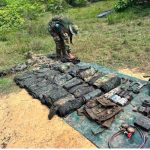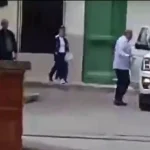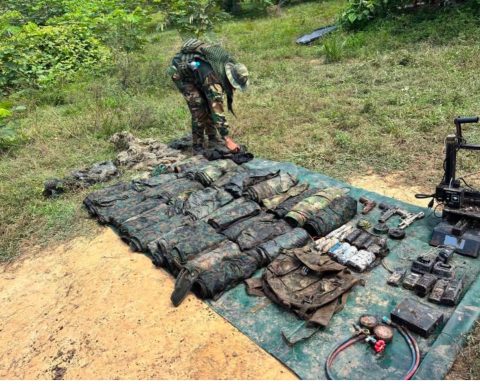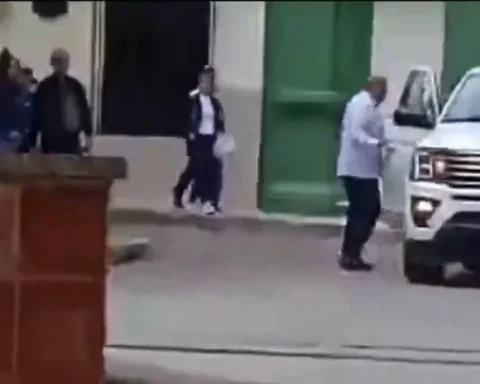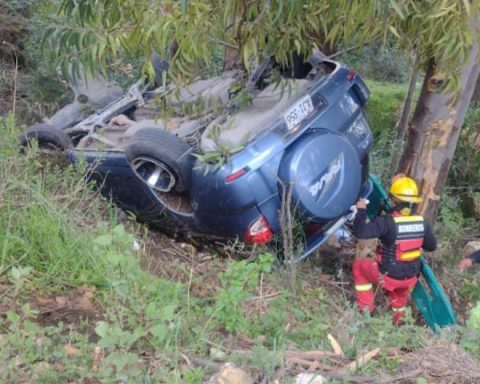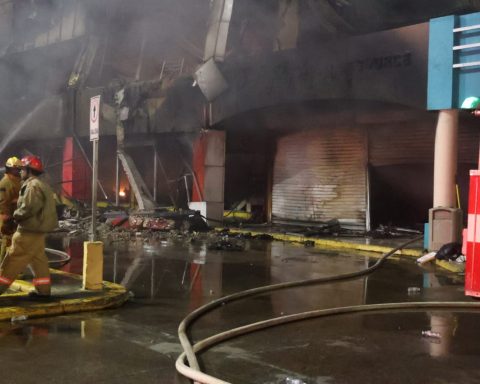INE, still without defining how it will determine the validity of votes in judicial elections
Fabiola Martinez
La Jornada Newspaper
Sunday, November 24, 2024, p. 4
Faced with the judicial election, the National Electoral Institute (INE) has an endless number of issues to define, notably criteria to determine the validity of the votes, in a context of competition for 881 positions and potentially the registration of more than 5 thousand candidacies. However, counselors have warned that the basis for achieving an excellent process is having an adequate budget.
The INE requested 13,205 million pesos to organize the election of ministers, magistrates and judges, while comments began to circulate in the Legislature to the effect that half will be enough, in the same range as the federal election of this anus.
When giving a keynote lecture, counselor Carla Humphrey explained: “We have several questions that we are going to have to resolve as an institute. What will happen if on the Supreme Court ballot that I have to elect nine people, five women and four men, what happens? If I choose seven? Is that ticket valid or not? What happens if I select all women or men? Is it valid or not? What happens if I choose 10 instead of nine? As an electoral authority, who do I lower? By flow or by alphabetical order?
That is to say, there are many conditions that we are going to have to resolve to determine when it will be a null vote or how it will be computed. And that makes the training for the polling station officials who are going to receive the vote very complex. Then we will be deciding if it will be counted at the polling station, if we will make voting centers or if it will be counted in the districts. They are dilemmas that we will have to resolve by determinations of the general council (of the INE), because the law does not give us these answers.
In that context, he said that there are several important challenges and number one is having adequate economic resources.
Yes (the precautionary project) is high, it is an unprecedented choice; Today we cannot make the minutes because we do not have the design; Until a few days ago we did not know how many positions were going to be at stake and the training is not the same; We will need twice as many materials. Are there spaces in which (spending) can be reduced? Yes (but) by half, how is it intended? No. Obviously not. You can’t make an election with half the resources
held.
He added that the complication in this extraordinary process begins – to cite some elements – with what the Constitution and the regulatory laws establish, which left a period of more than 40 days between the integration of the lists of candidates (by the evaluation committees ) and the beginning of campaigns, a period in which any expression could be an anticipated act.
Likewise, how the authorized resources for travel expenses and transfers will be monitored (the limit is 229 thousand pesos); He considered that since the candidates are professionals, lawyers, the demands must be greater.
There are two other fundamental issues: the design of the ballots, which must be pedagogical in the face of this unprecedented election and intricacies, and the training of both those who will do field work and the citizen poll workers.





